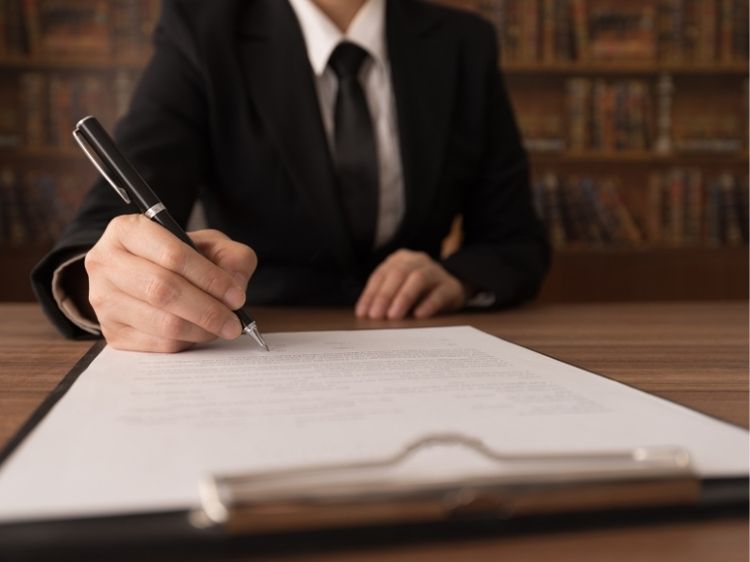Understanding Product Liability Tort Law: Protecting Consumers and Businesses
Product liability tort law plays a crucial role in our society, ensuring that products released into the market are safe for consumers. But what exactly is product liability tort law, and how does it impact both consumers and businesses? In this article, we’ll dive deep into the world of product liability, exploring its intricacies, implications, and the vital role it plays in the legal landscape.
What is Product Liability Tort Law?
Product liability tort law is a legal framework that holds manufacturers, distributors, suppliers, and retailers accountable for any injuries or damages caused by defective products. This area of law ensures that when consumers purchase a product, they can trust that it’s safe to use. If a product is found to be defective and causes harm, the injured party has the right to seek compensation through a product liability claim.
The Basics of Product Liability
Before we delve further, let’s break down the basics. Product liability tort law generally covers three types of defects:
- Design Defects: These occur when a product is inherently dangerous or useless due to its design, even if it’s manufactured perfectly.
- Manufacturing Defects: These defects arise during the production or assembly process, resulting in a product that deviates from its intended design.
- Marketing Defects: Also known as “failure to warn,” these defects happen when a product lacks adequate instructions or warnings about its potential dangers.
Key Elements of a Product Liability Case
To succeed in a product liability claim, the plaintiff typically needs to prove several key elements:
- Product Defect: The plaintiff must demonstrate that the product was defective in some way—whether in design, manufacturing, or marketing.
- Causation: There must be a direct link between the defect and the injury suffered by the plaintiff.
- Damages: The plaintiff must have suffered actual harm, whether physical, emotional, or financial.
The Impact on Consumers
For consumers, product liability tort law offers vital protection. It ensures that they have legal recourse if they are injured by a defective product. This legal framework not only helps injured parties receive compensation but also acts as a deterrent, pushing manufacturers to prioritize safety and quality.
Imagine buying a car with a faulty brake system. Without product liability tort law, you’d be stuck shouldering the cost of injuries and damages out of your own pocket. However, with this law in place, you can file a claim against the manufacturer and potentially receive compensation for medical bills, lost wages, and even pain and suffering.
The Impact on Businesses
On the flip side, businesses need to be aware of the risks associated with product liability. A single defective product can lead to lawsuits, significant financial losses, and damage to a company’s reputation. This is why businesses often invest heavily in quality control, product testing, and liability insurance to mitigate these risks.
Moreover, understanding product liability tort law is crucial for businesses to navigate the complex legal landscape. By staying informed, they can develop strategies to minimize liability and protect their brand from potential legal challenges.
Defenses in Product Liability Cases
Not all product liability claims are successful, and businesses often have several defenses at their disposal. Some common defenses include:
- Contributory Negligence: If the plaintiff’s own negligence contributed to their injury, this defense can reduce or eliminate liability.
- Assumption of Risk: If the plaintiff knew the product was dangerous and used it anyway, the defendant may not be held liable.
- Product Misuse: If the plaintiff used the product in a way that it wasn’t intended to be used, the defendant may argue that this misuse caused the injury.
Real-Life Examples of Product Liability Cases
Let’s take a look at some real-world examples that highlight the importance of product liability tort law:
- The Ford Pinto Case: In the 1970s, Ford’s Pinto model had a design flaw that caused the fuel tank to explode upon rear impact. The resulting lawsuits led to significant changes in auto safety standards.
- McDonald’s Hot Coffee Case: A famous case where an elderly woman sued McDonald’s after she suffered third-degree burns from spilled coffee. The case brought attention to the need for warning labels on hot beverages.
- Tobacco Litigation: Tobacco companies faced numerous lawsuits from smokers who developed cancer, leading to massive settlements and stricter regulations on cigarette advertising.
FAQs about Product Liability Tort Law
Q: What should I do if I’m injured by a defective product?
A: If you’re injured, it’s crucial to seek medical attention first. Then, preserve the product and any evidence, and consult with an attorney who specializes in product liability cases.
Q: Can I sue for emotional distress in a product liability case?
A: Yes, emotional distress can be part of the damages sought in a product liability case, especially if the injury was severe or traumatic.
Q: How long do I have to file a product liability lawsuit?
A: The statute of limitations varies by state, but it generally ranges from 2 to 6 years from the date of injury.
Q: Are there any caps on damages in product liability cases?
A: Some states have caps on non-economic damages like pain and suffering, but these limits vary widely.
Q: Can multiple parties be held liable in a product liability case?
A: Yes, manufacturers, distributors, and retailers can all be held liable if they played a role in the product’s defect.
Conclusion
Product liability tort law is a critical aspect of consumer protection. It holds businesses accountable for the safety of their products while ensuring that consumers have a path to justice if they are harmed. By understanding the basics of this law, both consumers and businesses can navigate the marketplace more safely and confidently.
Authoritative Links
- Consumer Product Safety Commission: www.cpsc.gov
- National Association of Consumer Advocates: www.consumeradvocates.org
- American Bar Association – Product Liability Law: www.americanbar.org/groups/litigation/committees/products-liability/



